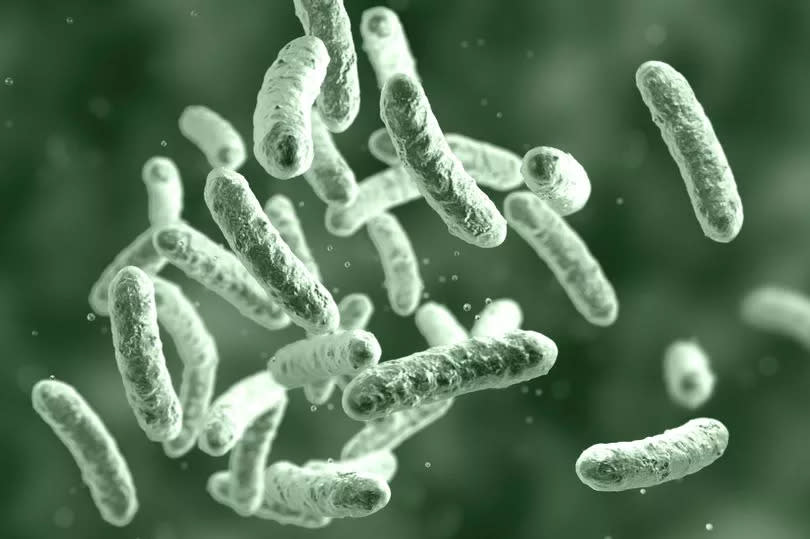Warning after little-known STI sees significant increase in UK cases

Doctors are warning after the UK saw a surge in a little-known sexually-transmitted infection (STI). Shigella (more commonly known as dysentery). Shigella, more commonly known as dysentery, has seen a 24% increase in cases over the past four years.
While the exact number of diagnoses are still significantly lower than the most prevalent sexually transmitted diseases, doctors are growing increasingly concerned about the annual rise in infections. Dr Bhavini Shah, a GP from LloydsPharmacy Online Doctor, said to be on the lookout for abdominal issues.
He said: "It's a highly infectious bacteria which typically causes diarrhoea and vomiting, as well as abdominal pain and fever.
Read more: HMRC 'won't pay' £5k tax rebate
"Shigella is caused by bacteria found in faeces. Only a minuscule amount needs to enter your mouth to transmit it for instance, via your fingers. It's often caused by contaminated food, but it can also be sexually transmitted. Sexual activities that may involve contact with faeces pose a risk. This includes anal sex, fisting, handling a condom or sex toy used for anal sex, oral sex after anal sex, touching someone's backside or rimming."
If someone contracts shigella, Dr Shah says they can remain infectious for up to a month. What's even more concerning is the emergence of 'antibiotic resistant strains' of the disease. Dr Shah revealed a worrying statistic -here has been a 53% increase in antibiotic resistant shigella from January to November 2023, with 97 cases being reported, compared to just 9 cases for the whole of 2022."
Dysentery might be considered an ancient disease or one prevalent in countries with limited access to proper sanitation. Dr Shah explained: 'In the past, dysentery was most commonly caught by people drinking untreated water that had been contaminated with sewage. "While this is no longer the case in the UK, it is still a common source of the disease in countries with poor access to sanitary drinking water. Shigella can also be common among young children.'Knowing that shigella can be contracted through sexual activity, you might wonder how to get tested if you're experiencing symptoms."
If you're experiencing symptoms you should contact your GP or local sexual health clinic,' Dr Shah advises. "You should explain to them that you may have picked up a gut infection from sex, possibly shigella. The doctor needs to know this so you get the right tests and treatment."
For most people, the illness gets better on its own after 3 to 7 days. But some people can have a severe illness. If your symptoms are severe or persistent, a GP may prescribe a short course of antibiotics. ".

 Yahoo News
Yahoo News 
